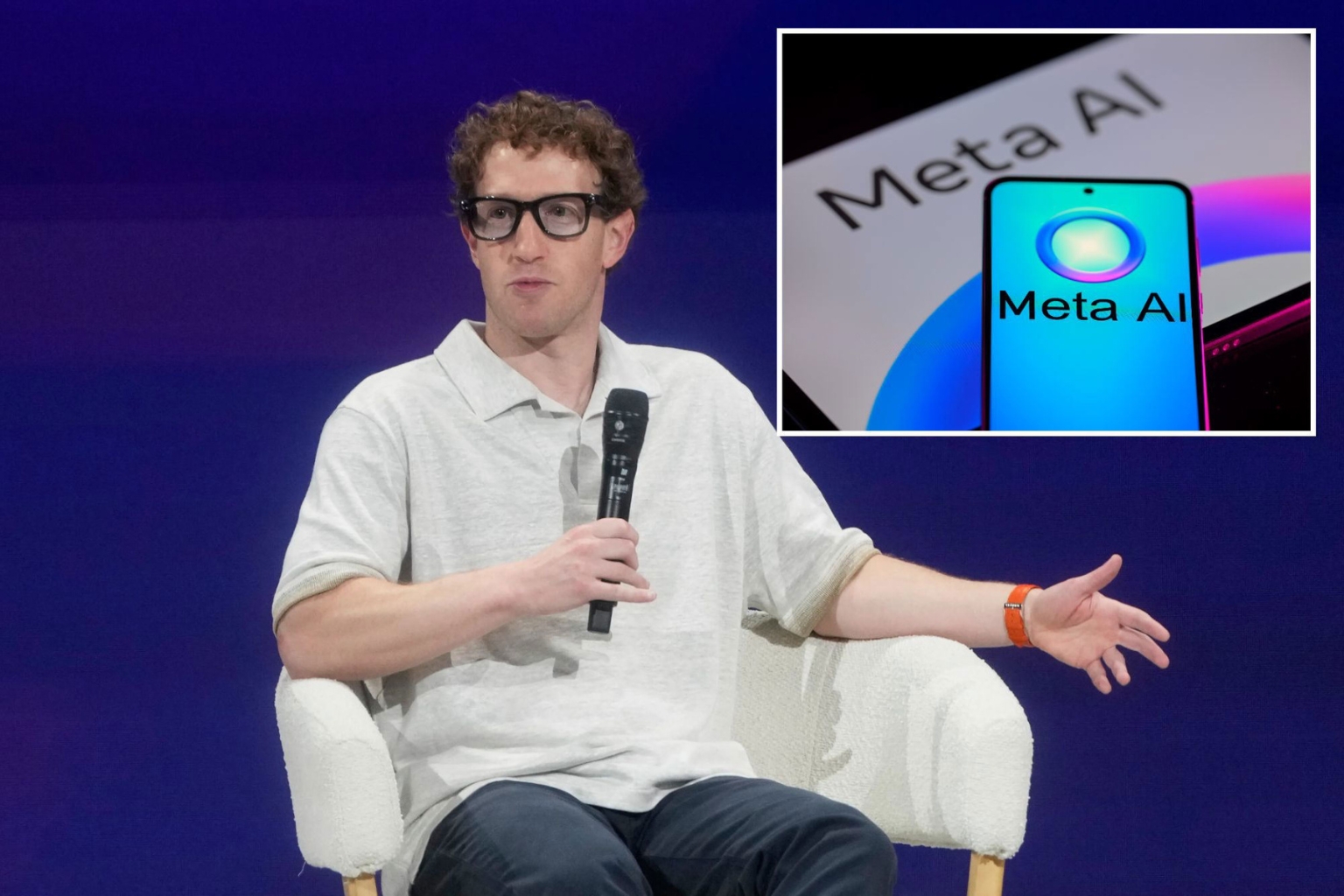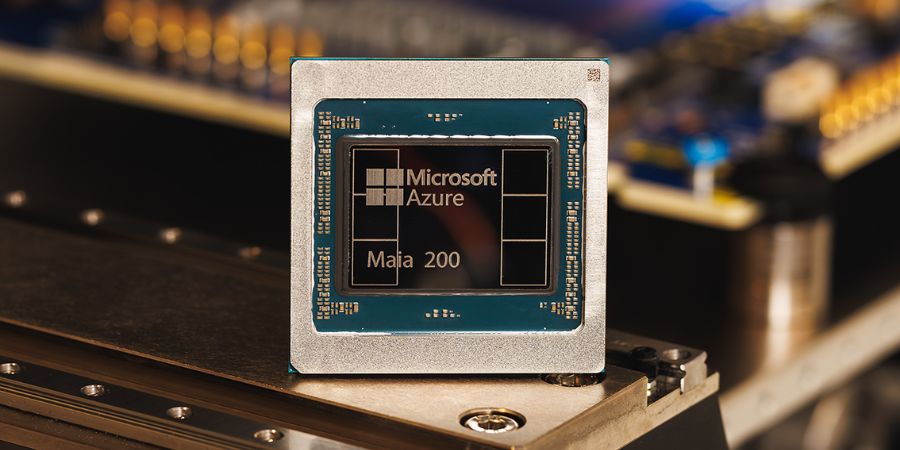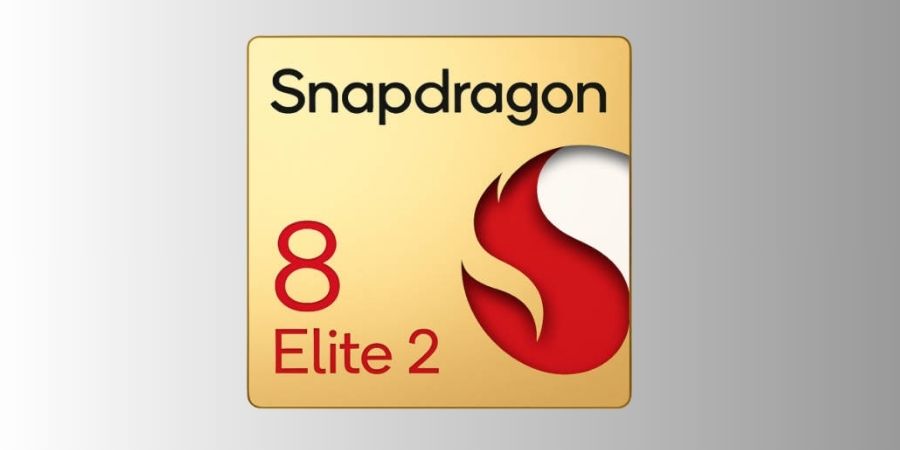In a bold and strategic shift, Mark Zuckerberg has once again made headlines—but this time, it’s not about the metaverse. Instead, he’s going all-in on the future of artificial intelligence. Meta’s CEO is investing a jaw-dropping $300 million to build a powerhouse AI research center: the Meta Superintelligence Lab.
This isn’t just another tech announcement—it’s a signal that the global AI race is entering a new and more intense phase.
Why Is Zuckerberg Betting Big on AI?
If you’ve been paying attention to the tech landscape, this move might not come as a surprise. AI is no longer just a futuristic concept—it’s powering everything from your social media feed to business tools and personal assistants.
Zuckerberg’s motivation is clear: he wants Meta not just to participate in the AI revolution, but to lead it.
Here’s why this makes sense:
- Major breakthroughs like ChatGPT and Google Gemini have shown AI’s game-changing potential.
- Tech companies worldwide are investing heavily in their own AI ecosystems.
- Meta wants to create tools that aren’t just useful—but essential for everyday life.
What Makes Meta’s AI Hiring Push So Unique?
What’s turning heads isn’t just the ambition—it’s the size of the offer. Meta is reportedly offering total compensation packages worth up to $300 million to top-tier AI researchers. That includes:
- Massive salaries
- Equity and stock options
- Flexible working conditions
- Access to massive computing resources
This shows just how competitive the AI talent war has become. Meta is willing to pay top dollar to bring the best minds under one roof.
What Will the Meta Superintelligence Lab Focus On?
Meta’s lab isn’t about building chatbots or filters. It’s aiming higher—much higher.
The lab will reportedly focus on:
- Multimodal AI: Systems that can understand and generate a mix of text, images, video, and audio
- Autonomous decision-making: AI that can make complex choices in real time
- Next-gen AI assistants: Digital helpers that feel more natural and intuitive
- AI for the metaverse and VR: Smarter, real-time interactions in immersive environments
- Safe, ethical AI development: Ensuring responsible innovation
In other words, this lab is Meta’s moonshot—something that could rival the likes of DeepMind or OpenAI.
Meta vs OpenAI: A New Rivalry?
The AI world is watching closely as Meta vs OpenAI becomes a new chapter in tech competition.
Here’s how the two compare:
- OpenAI has wowed the world with GPT-4o and is backed by Microsoft.
- Meta, on the other hand, has a built-in audience of billions across Facebook, Instagram, and WhatsApp.
What does this mean?
- Meta can embed its AI tools directly into apps we already use every day.
- OpenAI focuses more on tools for developers and research.
- Meta’s scale may give it the edge in global user reach.
This rivalry could shape how we all use AI over the next decade.
Where Are These AI Experts Coming From?
Meta isn’t pulling talent from just anywhere—they’re targeting the best of the best.
Top sources for talent reportedly include:
- MIT and Stanford
- Google DeepMind
- OpenAI itself
- Other elite tech research labs
What’s attracting these experts?
- Freedom to publish cutting-edge work
- Access to vast datasets and world-class computing infrastructure
- The opportunity to work on problems that could truly change the world
What This Means for the Future of AI
Zuckerberg’s $300 million investment sends a clear message: AI isn’t just another project—it’s Meta’s core focus going forward.
Here’s how this move could impact the future:
- More advanced AI-powered tools for everyday users
- Smarter recommendation engines and assistants
- Faster breakthroughs in autonomous systems and creative AI
- A new generation of AI developers and researchers inspired to push limits
This could kick off a wave of innovation across the tech world—not just within Meta.
A Message from Zuckerberg?
Though not all details have been confirmed, Zuckerberg’s intentions seem clear.
He recently stated:
“We believe AI will unlock entirely new experiences in social media, productivity, and immersive worlds.”
That’s a clear pivot from the metaverse-first narrative. Now, Meta is focusing on what’s immediate, scalable, and incredibly powerful—AI.
What Can Users and Developers Expect?
If you’re a tech enthusiast, developer, or entrepreneur, here’s what this means for you:
- More AI-powered APIs, tools, and platforms from Meta
- AI that feels more human, intuitive, and helpful
- Opportunities to build new apps and features on top of Meta’s AI infrastructure
For everyday users, this means apps that:
- Understand you better
- Personalize content more effectively
- Assist in your daily tasks in smarter ways
Final Thoughts: A New AI Era?
Mark Zuckerberg’s $300 million bet isn’t just about hiring—it’s about reshaping Meta’s future.
With the formation of the Meta Superintelligence Lab, we could be entering a new chapter in AI development—one where intelligence isn’t just reactive, but collaborative, contextual, and far more powerful.
Will Meta lead the next wave of AI innovation? Will it outpace rivals like OpenAI or Google?
Only time will tell—but one thing’s clear: the race is on.













